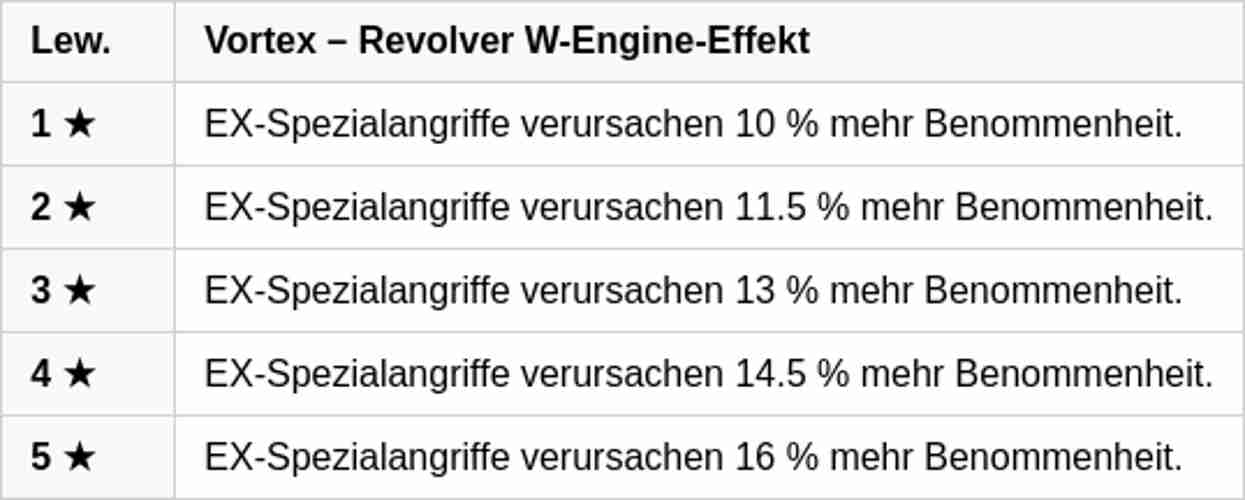Discover postsExplore captivating content and diverse perspectives on our Discover page. Uncover fresh ideas and engage in meaningful conversations
Über Zenless Zone Zero und Zenless Zone Zero Monochrom Zenless Zone Zero Monochrome Film(https://lootbar.gg/de/top-up/z....enless-zone-zero?utm ) ist die Premium-Währung, die für den Erwerb von Polychrom benötigt wird, welches wiederum für exklusive Signalsuchen und den Zugang zu seltenen Agenten und Ressourcen unerlässlich ist. Spieler können diesen wertvollen Gegenstand auf vertrauenswürdigen Handelsplattformen durch Top-up erwerben, um ihre Sammlung zu erweitern und ihre Teamstärke zu

What are Fortnite and Fortnite V-Bucks? Fortnite V-Bucks(https://lootbar.gg/top-up/fortnite?utm_source=blog ) is the essential virtual currency used to acquire cosmetic enhancements like character outfits, emotes, and the seasonal Battle Pass within the game. Players primarily obtain V-Bucks through direct purchase in the in-game store using real money, but they can also explore various third-party game trading platforms for top-up services. Reliable platforms such as U7Buy or Eneba often offer

Was sind Pokémon TCG Pocket und Poké Gold? Poké Gold(https://lootbar.gg/de/top-up/p....okemon-tcg-pocket?ut ) ist die wichtigste Währung im Spiel Pokémon Trading Card Game Pocket und wird verwendet, um verschiedene Ingame-Gegenstände, Zubehör oder besondere Kartenpacks zu erwerben.
Spieler können Poké Gold durch Aufladen auf Plattformen wie Lootbar.gg erhalten, wo ein schneller und unkomplizierter Service geboten wird.
Mit Poké Gold lassen sich seltene Karten freischalten und das Spiele

Что такое Neverness to Everness (NTE) и когда он будет запущен? Neverness to Everness(https://lootbar.gg/ru/top-up/n....everness-to-everness ) — это новая ролевая игра с открытым миром, в которой игроки смогут исследовать современный мегаполис, сталкиваясь с мистическими явлениями и необычными способностями героев. Проект предназначен для любителей динамичного боя и коллекционирования уникальных персонажей, что делает его привлекательным для широкой аудитории. Получить доступ к Never

What are Blade & Soul NEO Divine Gems and Why They're Essential for Players? Blade & Soul NEO Divine Gems(https://lootbar.gg/game-coins/....blade-soul-neo?utm_s ) are the premium, tradable currency essential for acquiring high-end gear and exclusive cosmetic items, significantly boosting character power and customization. Players can obtain these valuable gems by topping up their accounts through various secure game trading platforms. These platforms offer a direct and reliable method to s

Über EA FC 26 und FC 26 Coins FC 26 Coins(https://lootbar.gg/de/game-coi....ns/fc26?utm_source=b ) sind die virtuelle Hauptwährung in EA FC 26, die für den Kauf von Spielerpaketen, Talenten und individuellen Anpassungen wie Trikots verwendet wird. Um diese Coins durch Top-Up zu erwerben, können Spieler auf sicheren Handelsplattformen wie LootBar.gg oder anderen vertrauenswürdigen Seiten Transaktionen durchführen. Der Besitz von EA FC 26 Coins(https://lootbar.gg/de/game-coi....ns/fc26?utm_source=b


